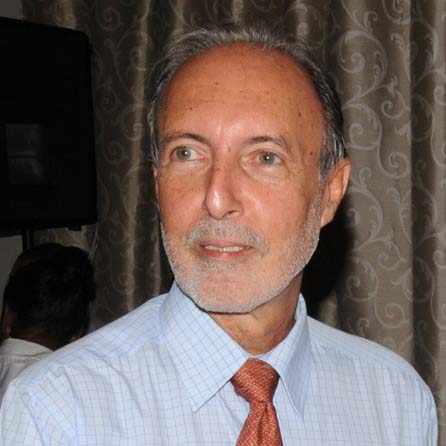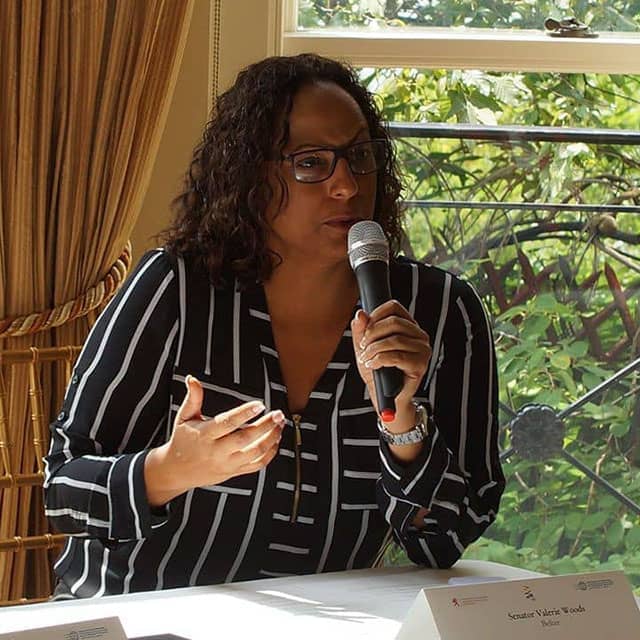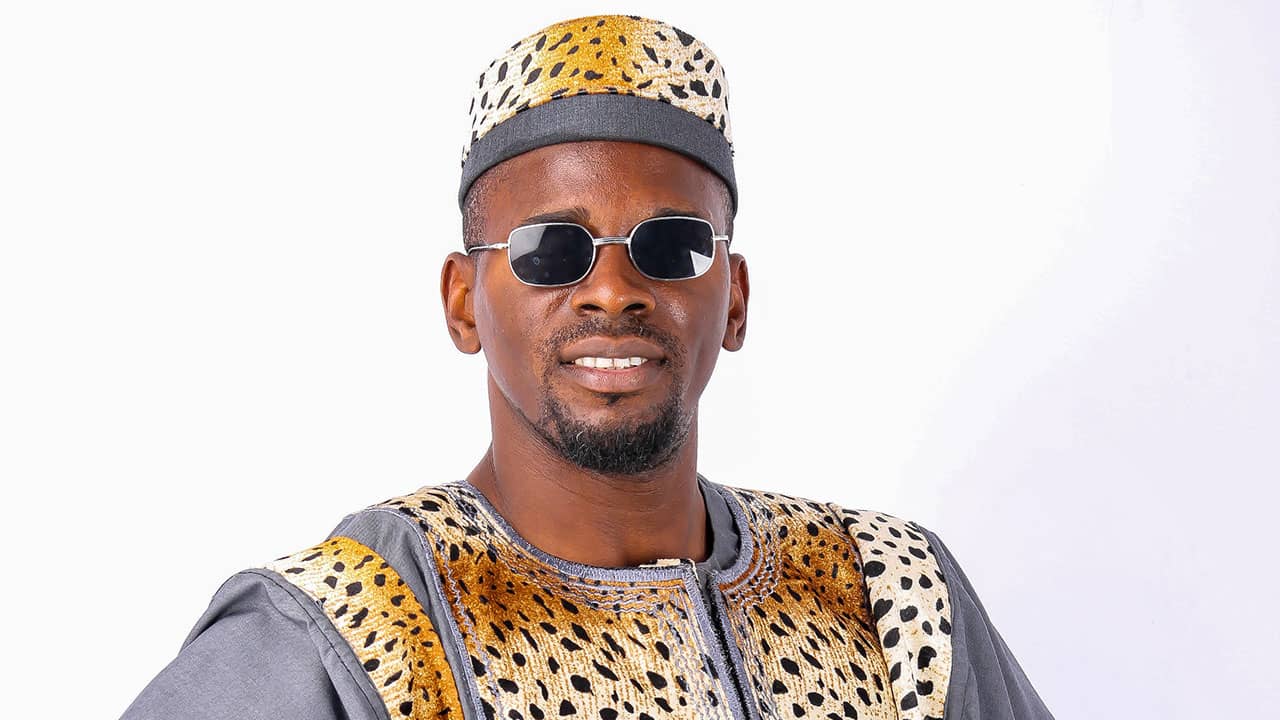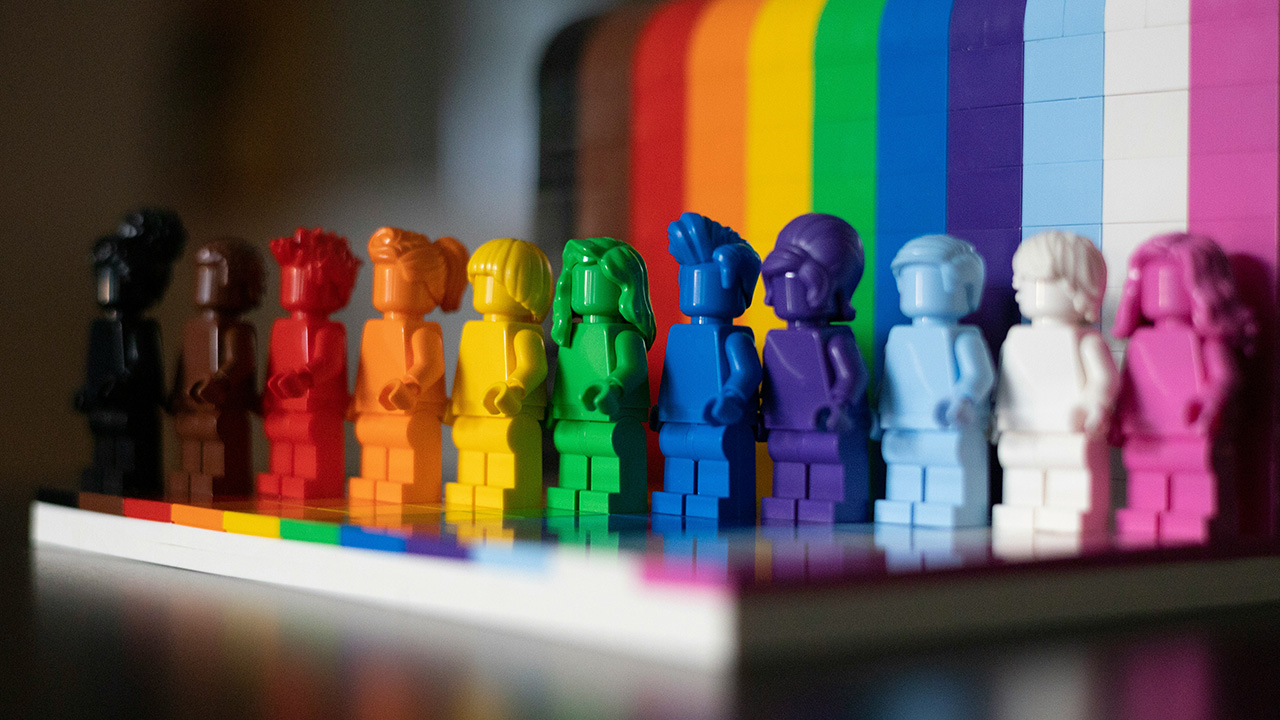
May 17 commemorates the International Day against Homophobia, Biphobia, Intersexism and Transphobia (IDAHOBIT). This day provides an opportunity to shed light, and denounce the violence and discrimination that lesbian, gay, bisexual, trans and intersex people (LGBTI+) suffer daily in their private and public lives. Despite progress toward equality and inclusion – for example the recent decriminalization of homosexuality in the Cook Islands and the December 2022 Barbados High Court oral ruling decriminalizing consensual same-sex relations –, LGBTI+ persons remain at risk, facing systemic discrimination that prevents them from realizing their full potential and contributing to the socio-economic fabric of their country.
 On the International Day Against Homophobia, Biphobia and Transphobia (IDAHOBIT), I call upon every person to reject Homophobia, Biphobia and Transphobia in all its forms, and on parliamentarians everywhere to use our representative platforms to renew our engagement to end these divisive practices and to promote greater inclusivity in our populations. It is only by recognizing every human being as a perfect individual that we can achieve peace, security and well-being in the world. PGA Board Member and SOGI Deputy Convener, Hon. Bernard Georges (Seychelles)
On the International Day Against Homophobia, Biphobia and Transphobia (IDAHOBIT), I call upon every person to reject Homophobia, Biphobia and Transphobia in all its forms, and on parliamentarians everywhere to use our representative platforms to renew our engagement to end these divisive practices and to promote greater inclusivity in our populations. It is only by recognizing every human being as a perfect individual that we can achieve peace, security and well-being in the world. PGA Board Member and SOGI Deputy Convener, Hon. Bernard Georges (Seychelles)Hon. Bernard Georges
(Seychelles)
As representatives of the democratic branch closest to citizens, legislators can resist attacks on democracy, shape national agendas, resist executive incursions, and work with civil society to preserve civic and political space, as well as ensure that the domestic legal framework respects the highest standards of equality before the law, inclusion, and justice. Legislators have a key role in the protection of vulnerable communities, including LGBTI+ persons, who are often at risk of suffering physical and psychological harm.
The proponents of anti-rights agenda promote hate speech and inflammatory rhetoric against LGBTI+ people, which fuels violence. Legislators, as elected officials, should hold themselves accountable for their speech, including by endorsing statements such as the Global Parliamentary Code of Democratic Conduct.
 Parliamentarians have a critical role in promoting non-discrimination, equality and inclusiveness. The right to equality, freedom from discrimination and respect for one other to be treated with dignity and to not live in fear are not just aspirational ideals. They are basic human rights that should be afforded to all. Parliamentarians are particularly positioned to ensure these rights are protected and that legislation promotes inclusiveness which helps to improve not just the economic progress of a country but also the human development of its society. PGA Board Member Hon. Valerie Woods, Speaker of the House of Representatives of Belize
Parliamentarians have a critical role in promoting non-discrimination, equality and inclusiveness. The right to equality, freedom from discrimination and respect for one other to be treated with dignity and to not live in fear are not just aspirational ideals. They are basic human rights that should be afforded to all. Parliamentarians are particularly positioned to ensure these rights are protected and that legislation promotes inclusiveness which helps to improve not just the economic progress of a country but also the human development of its society. PGA Board Member Hon. Valerie Woods, Speaker of the House of Representatives of BelizeHon. Valerie Woods
Speaker of the House of Representatives of Belize
On this day, we remember that our common commitment to democracy, justice, gender equality, human security, and inclusion should be reinforced by dialogue and concerted action. No one stakeholder can tackle these issues alone. The United Nations Sustainable Development Goals framework provides us with clear targets, which are fundamental to building sustainable, peaceful, and just societies. We cannot build such societies without LGBTI+ persons.
The conquest of human rights is always progressive, never going back. Despite the great efforts that are made at the regional and international levels to narrow the gaps in inequality and avoid discrimination, there are still many countries that continue to enact laws that criminalize consensual same sex relations and apply atrocious and cruel penalties. It is necessary to understand that the rights of LGBTI people are human rights. Parliaments, together with citizens and civil society, and international organizations, must fight to guarantee these rights. Protecting against violence and discrimination does not require more laws, but a strong political and social commitment. PGA Board Member Dip. Margarita Stolbizer (Argentina), Convener of the Gender, Equality, and Inclusion (GEI) Program






